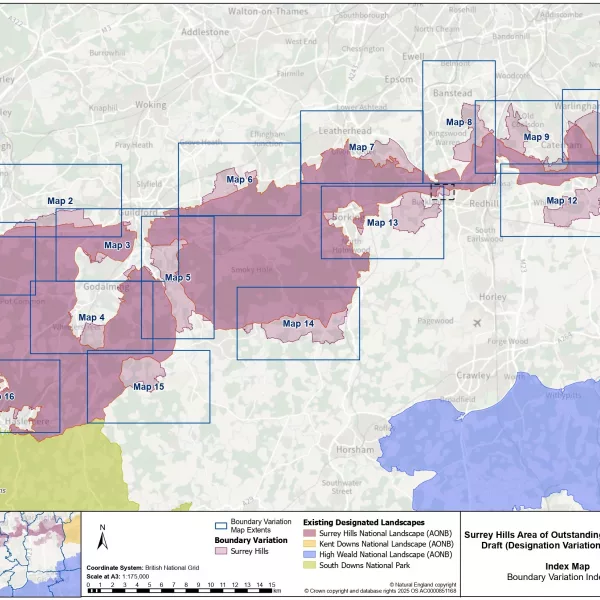
New Planning Controls on Holiday Lets
Announced today in the Spring Budget, the Government will remove the furnished holiday lettings regime and the multiple dwellings relief from 6th April 2025. These changes are intended to encourage greater availability of long-term lets to local communities. It follows on from new legislation coming into effect this Summer which dictates that going forward, short-term holiday lets may require planning permission.
There will be a new planning use class created, as well as new permitted development rights, which enables local authorities to decide whether or not to use these planning controls when considering whether to impose controls on new short-term holiday lets. This has been introduced with the aim of making housing more accessible and affordable for local people within their communities. The changes will only be applicable to new short-term holiday lets, and they will not apply to anyone who rents out their main home for less than 90 nights annually. A new national register will also be introduced to give councils visibility of the number of short-term lets in their communities, which may inform planning decisions. The Secretary of State for Levelling Up Housing and Communities, Michael Gove, said the changes strike a balance between giving local people access to more affordable housing, while ensuring the visitor economy continues to flourish. Time will tell how beneficial this legislation will be at striking that balance he refers to; one that supports a community’s housing and economy needs simultaneously. Ensuring availability of affordable housing and supporting a vital holiday let industry should not be mutually exclusive.
There has been a lot of negativity around the growing number of holiday lets. According to the Office for National Statistics in some areas of England and Wales as many as 1 in 10 addresses are used as holiday homes. They are mainly concentrated around coastal areas, National Landscapes (formerly known as AONB) or National Parks. The South Hams in Devon has one of the highest rates of holiday homes vs local housing supply of any local authority area, it is no wonder holiday makers are drawn to this part of the country which is home to the South Devon National Landscape, Dartmoor National Park and a long stretch of beautiful coastline, (ONS 2023). Some argue this has negatively impacted areas such as this by ‘hollowing out’ their communities with homes that are empty for large chunks of the year.
It is important to also address the positive impacts short-term holiday letting can have on communities and the wider economy. A steadily growing industry saw an acceleration in growth following the pandemic due to such an increase in demand for ‘staycations’ in the UK. In 2021, the short-term letting industry contributed £27.7bn to the UK’s GDP and accounted for 24% of the total tourism sector contribution, it sustained almost half a million jobs, which was especially impactful in rural areas where job creation and support for the local economy is particularly vital, (STAA, 2022). It is incredibly important to support such a growing industry to ensure it continues to flourish and provide for the local community. These changes in legislation are supposedly designed to support this industry in a sustainable way that supports local people, businesses and services.
If you are wondering how these measures will affect you, we would be happy to help. Just visit the ‘Contact Us’ section on our website.
Other news
See all

London Housebuilding: Emergency Measures
The Government and GLA are currently consulting on two documents aimed at stimulating and reviving housing delivery across London, in response to a…...
Read now
Surrey Hills Area of Outstanding Natural Beauty - Boundary Extensions: Last opportunity to make representations
Natural England have given notice of their intention to Vary the Designation Order to include boundary extensions to the Surrey Hills Area of…...
Read now